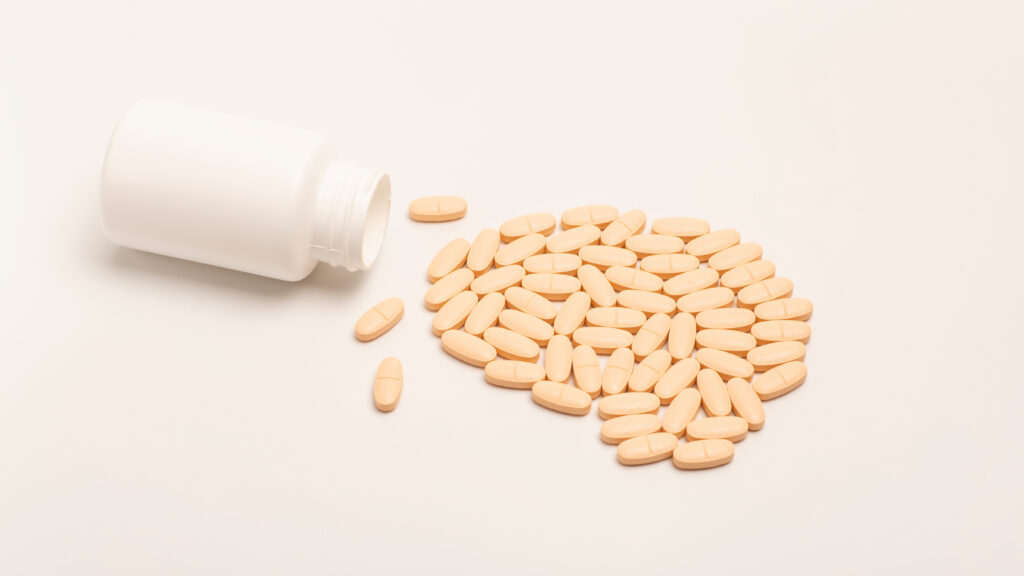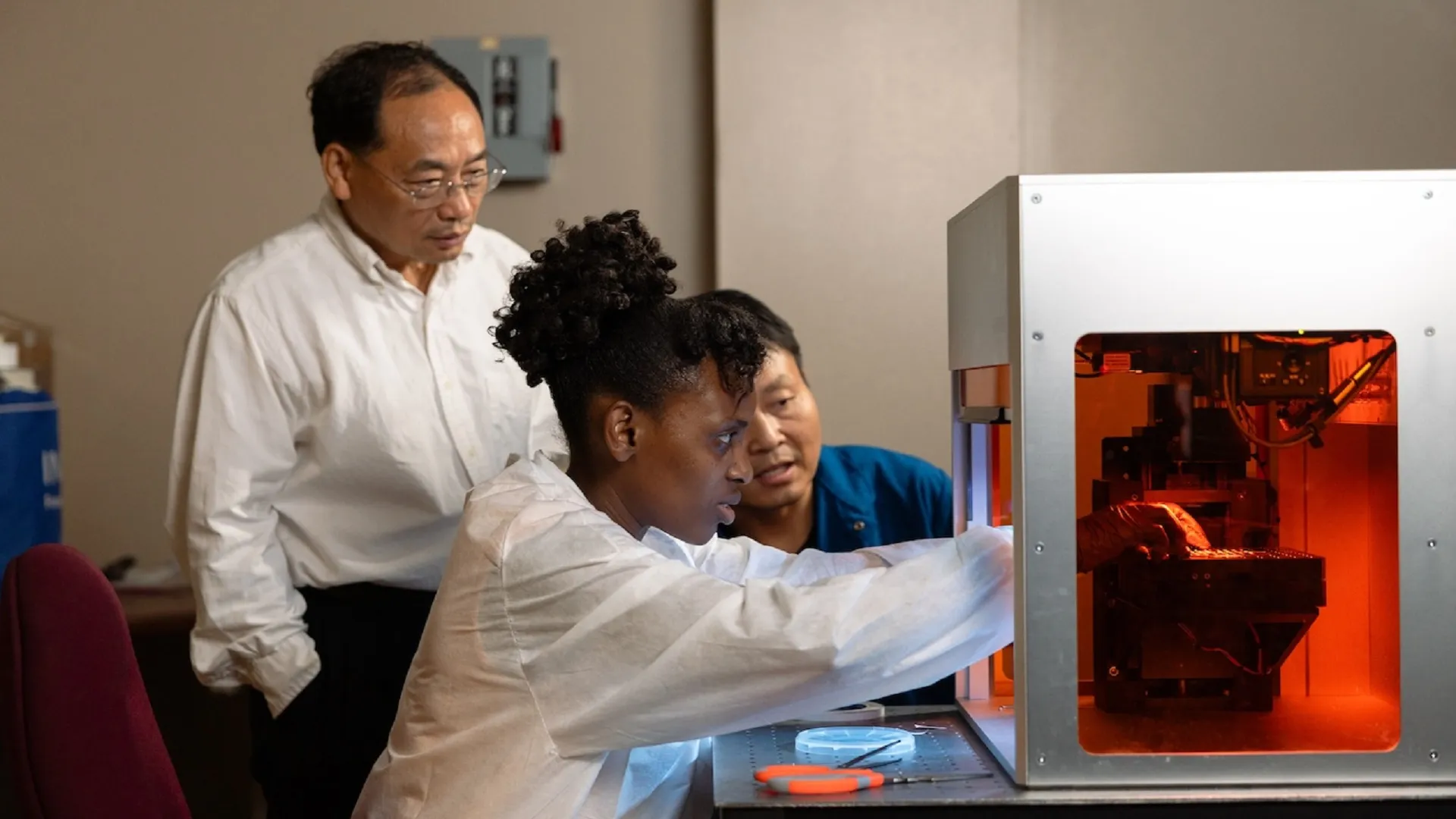Copyright STAT

In the late 1960s, scientists discovered a miracle drug for Parkinson’s disease — a simple, inexpensive dopamine-replacement pill called levodopa. It transformed the lives of millions of people. People who could barely rise from a chair could stand, walk, and work again. The late Robin Williams famously brought the drug’s promise into public view in the 1990 movie “Awakenings.” For more than half a century, levodopa has been the gold standard for treating Parkinson’s disease, and the treatment is taught to medical students worldwide. Yet in 2025, most of the world’s 11.8 million people with Parkinson’s cannot reliably get it. Advertisement Let that sink in. A generic, off-patent medication that costs pennies a dose — one that can restore dignity, mobility, and independence — is out of reach for many people who need it. This is not because we lack the science. It’s because we lack the will, the systems, and the plan. We’ve solved harder problems. Two decades ago, the HIV/AIDS epidemic was devastating the developing world. Lifesaving antiretroviral drugs existed but were locked behind high prices and weak global distribution. Through international coordination, policy changes, and sustained advocacy, we made those drugs available worldwide. Today, more than 29 million people are receiving treatment for HIV, turning what was once a death sentence into a livable and manageable condition. The hope is that the already implemented global systems and policies will sustain this success even with a decrease in funding from the United States. So why can’t we do the same for Parkinson’s disease? Advertisement The barriers are depressingly familiar. In many low- and middle-income countries, levodopa is not on the shelves, or when it is, the supply is unreliable. Patients travel hours to reach a pharmacy, only to be told it’s out of stock. Counterfeit or substandard pills flood unregulated markets, leaving desperate families with medicines that don’t work. And when the drug is available, the cost can be crushing, forcing patients to choose between food and movement. This isn’t just a supply chain problem. It’s a political and a moral failure. Parkinson’s is the fastest-growing neurodegenerative disease in the world. Its prevalence has doubled in the past 25 years and is set to double again. Yet unlike HIV or malaria, there is no coordinated global response. No multinational funding mechanism. No U.N. target. No accountability. Here, we lay out exactly what such a response should look like: Make levodopa universally available and affordable. Every country should add the drug to its essential medicines list, procure it in bulk at negotiated prices, and ensure consistent supply to all regions, rural and urban alike. Strengthen distribution systems. Governments and nongovernmental organizations must work with private suppliers to create reliable pipelines. That means better forecasting, secure storage, and safeguards against stockouts. Ensure quality and safety. Regulatory agencies must test and certify medications to block counterfeits and substandard batches. Educate health workers and communities. Many patients with Parkinson’s go untreated simply because no one recognizes their symptoms or knows levodopa can help. Monitor progress and hold leaders accountable. We need transparent data on access, coverage, and outcomes, and the political will to act when targets aren’t met, just as we did with HIV. The global HIV response showed what’s possible when science, policy, and activism align. We built systems to deliver daily pills to tens of millions, across every continent, and have done so for decades. If we can do that for complex HIV drug cocktails, surely we can do it for a shelf-stable, safe, and well-tolerated oral tablet like levodopa. The cost is trivial when compared to the benefit. The return is enormous: People who can walk to work, care for their families, and live without the indignity of an untreated disease. In purely economic terms, keeping people mobile reduces disability costs, caregiver burden, and lost productivity. In human terms, it restores lives. Right now, we are unnecessarily letting millions slip into disability. Imagine telling someone with HIV in the early 2000s that the drugs existed but it wasn’t worth it for society to deliver the medication to them. That is exactly the message we are sending to people with Parkinson’s today. This is a solvable problem, but solutions don’t happen by accident. We must demand them. We must push for levodopa access as a basic human right and add it to the global health agenda. We need to start now, before the wave of cases overwhelms strained health systems. Advertisement The world once rallied to turn the tide of HIV. We can and must do the same for Parkinson’s disease. A pill that costs pennies should not be a luxury. And a life that can be restored should never be left to wither.



